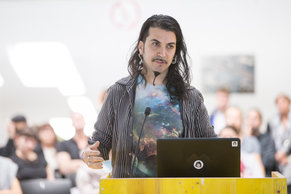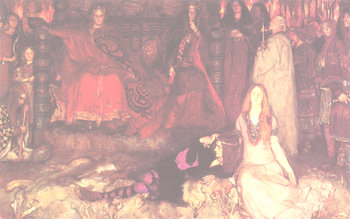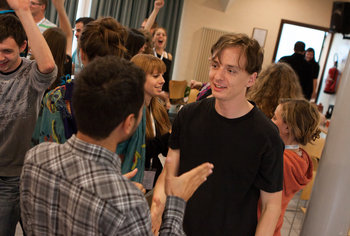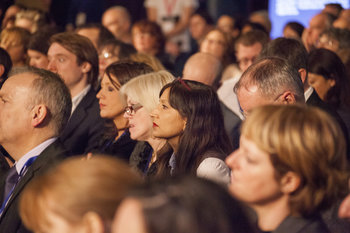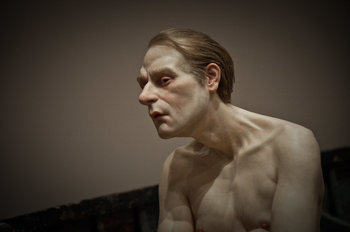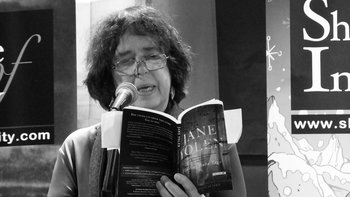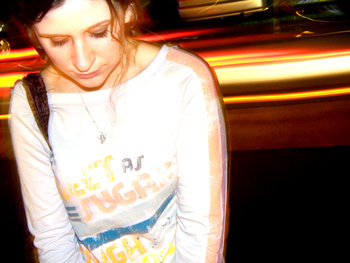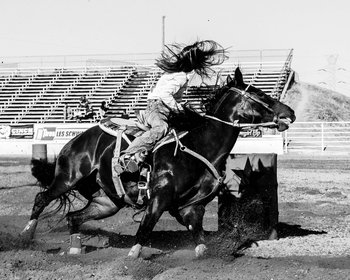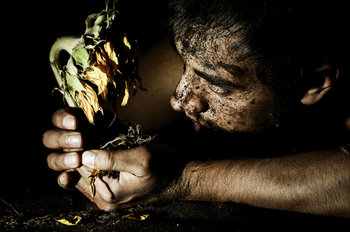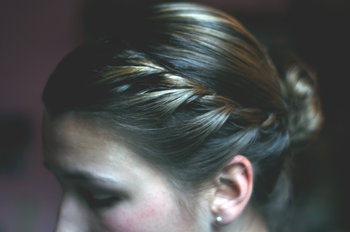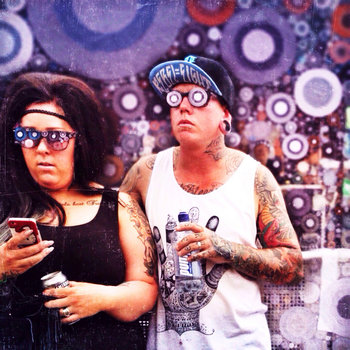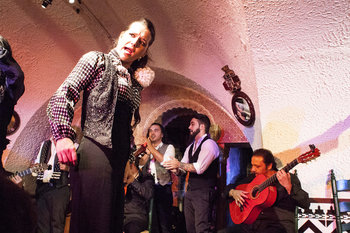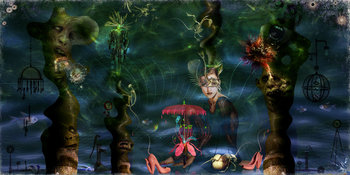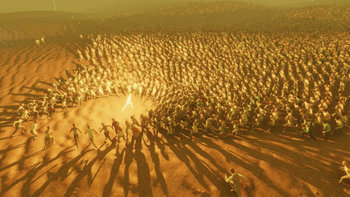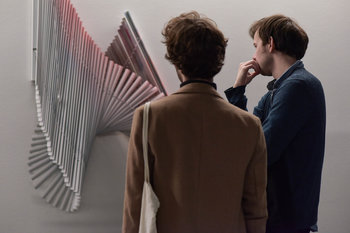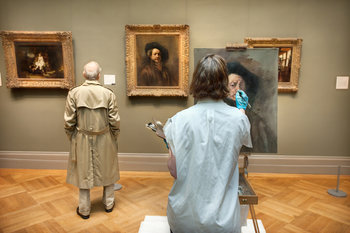|
| |
(Copyright of 20th Century Fox Television)I want to believe is a meme that originates with an American television series entitled The X-Files that initially spanned nine seasons from 1993 to 2002. The phrase "I WANT TO BELIEVE" appears in a poster that depicts an unidentified flying object in Mulder's office, one of the two primary characters in the show. The following are reasonable interpretations of what the phrase means.
Motivated ReasoningMotivated reasoning is believing what you want to believe as opposed to evaluating evidence from an objective point of view. This is common human behavior such that the phrase "I want to believe" perhaps describes the feelings around motivated reasoning.SkepticismSkepticism is the tradition of questioning human knowledge. At its strongest, this suggests that human's can't really know that their senses are correct because these are subjective human experiences. In the X-Files television series, Mulder and his partner Scully encounter strange things that appear to be supernatural or extraterrestrial on a regular basis. In this context, "I want to believe" may indicate continuing skepticism despite considerable evidence.
In the television series, Mulder believes that extraterrestrials abducted his sister when Mulder was 12. In this context, "I want to believe" may simply be optimism that she is still alive. As such, the phrase can be used to express optimism in the face of impossible odds.|
Type | | Definition (1) | A meme that originates with an American television series entitled The X-Files. | Definition (2) | A feeling that you feel compelled to believe something. | Definition (3) | Continuing optimism in the face of impossible odds. | Also Known As | IWTB | Related Concepts | |
Storytelling
This is the complete list of articles we have written about storytelling.
If you enjoyed this page, please consider bookmarking Simplicable.
Examples of storytelling techniques.
The definition of verbal irony with examples.
The definition of wit with examples.
The common characteristics of language.
The definition of cliche with examples.
A list of transition words.
The definition of grammar with examples of correct and incorrect English grammar.
The definition of creative spark with examples.
The definition of advance copy with examples.
An overview of culture.
The definition of sense of place with examples.
The definition of conformity with examples.
The definition of authenticity with examples.
An overview of the major types of food.
The difference between shy and reserved behavior explained.
The definition of middle class with examples.
The definition of cultural heritage with examples.
The definition and common characteristics of postmodernism.
The definition of individualism with examples.
TrendingThe most popular articles on Simplicable in the past day.
Recent posts or updates on Simplicable.
Site Map
© 2010-2023 Simplicable. All Rights Reserved. Reproduction of materials found on this site, in any form, without explicit permission is prohibited.
View credits & copyrights or citation information for this page.
|


